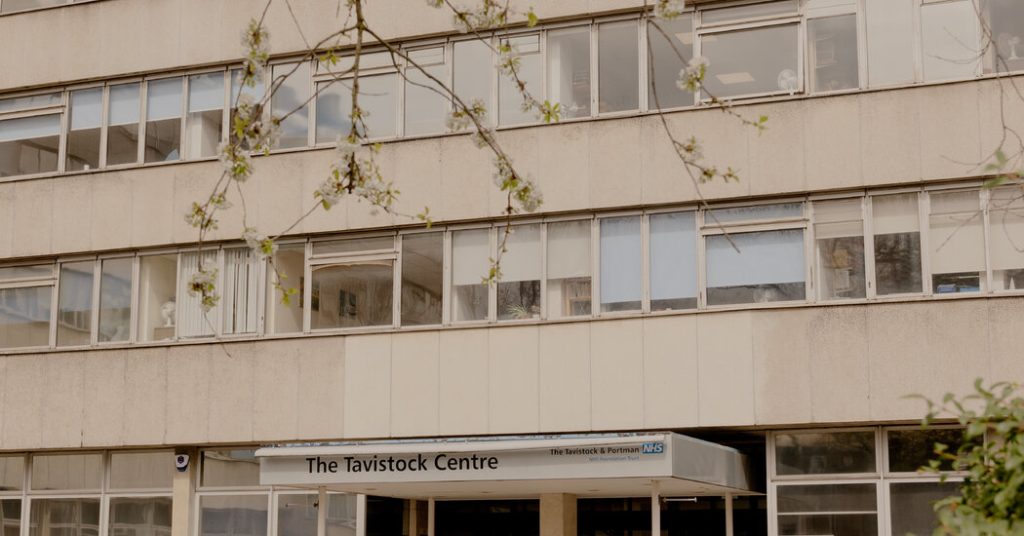The National Health Service in England has recently implemented restrictions on gender treatments for children, making it the fifth European country to do so. This decision stems from a four-year review led by Dr. Hilary Cass, which concluded that medical pathways may not be the best way to manage gender-related distress for most young people. The N.H.S. will no longer offer puberty-blocking drugs, except for patients enrolled in clinical research, and recommended that hormone treatments be prescribed to minors with extreme caution. These guidelines do not apply to doctors in private practice.
This shift in policy is part of a broader trend in northern Europe, where concerns have been raised about the increasing demand for adolescent gender treatments in recent years. Countries like Finland, Sweden, Norway, and Denmark have all implemented restrictions on these treatments in various ways, including recommending psychotherapy as the primary treatment, restricting hormone treatments to exceptional cases, and designating youth gender medicine as a treatment under trial. Transgender advocacy groups in Europe have criticized these changes, arguing that they infringe on civil rights and further strain already overstretched health systems.
In the United States, Republican politicians have pointed to the restrictions in Europe to justify laws against youth gender medicine. However, the policies in Europe are notably different from the outright bans passed in several U.S. states, which threaten doctors with prison time and investigate parents for child abuse. European countries are still allowing gender treatments for certain adolescents and are requiring new clinical trials to study and better understand their effects. The European Academy of Paediatrics has acknowledged concerns about youth gender medicine, stating that the fundamental question of the treatment’s effectiveness remains contested.
Europeans were pioneers in the use of gender treatments for young people, with a clinic in Amsterdam starting to administer puberty-suppressing drugs to adolescents in the 1990s. However, the surge in referrals for these treatments in recent years has raised questions about their effectiveness. Critics argue that many new patients did not experience gender distress until puberty and had other mental health conditions that were not helped by hormone treatments. Some clinicians are questioning the relevance of the original Dutch findings that inspired clinics around the world to follow their protocol.
In England, concerns about the increasing number of patients seeking gender treatments led to a reevaluation of the standard of care. The N.H.S. commissioned Dr. Cass to conduct an independent review, which concluded that the standard of care was inadequate, with long waiting lists and few routes to address mental health concerns. The Tavistock Gender Identity Development Service was shut down, and two new youth gender clinics were opened with a more holistic approach to provide better support for patients with autism, depression, and eating disorders, as well as psychotherapy to help adolescents explore their identities. Critics argue that Europe, like the United States, has also been influenced by a growing backlash against transgender individuals, with movements to exclude them from certain spaces gaining traction.


